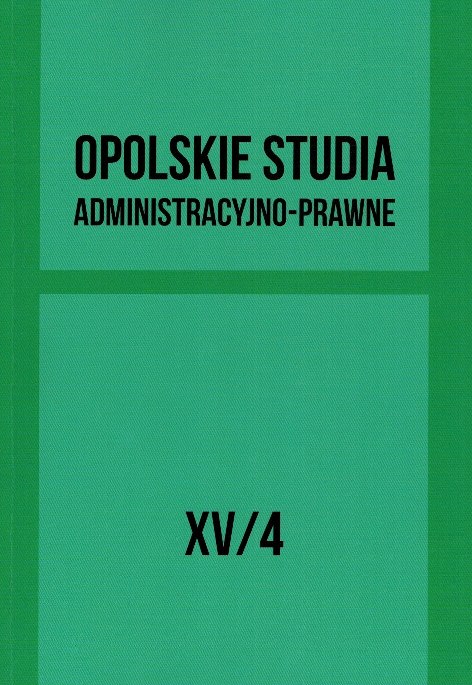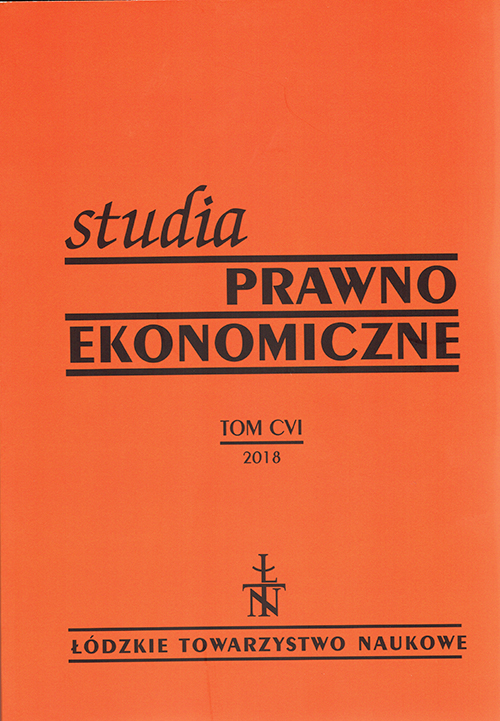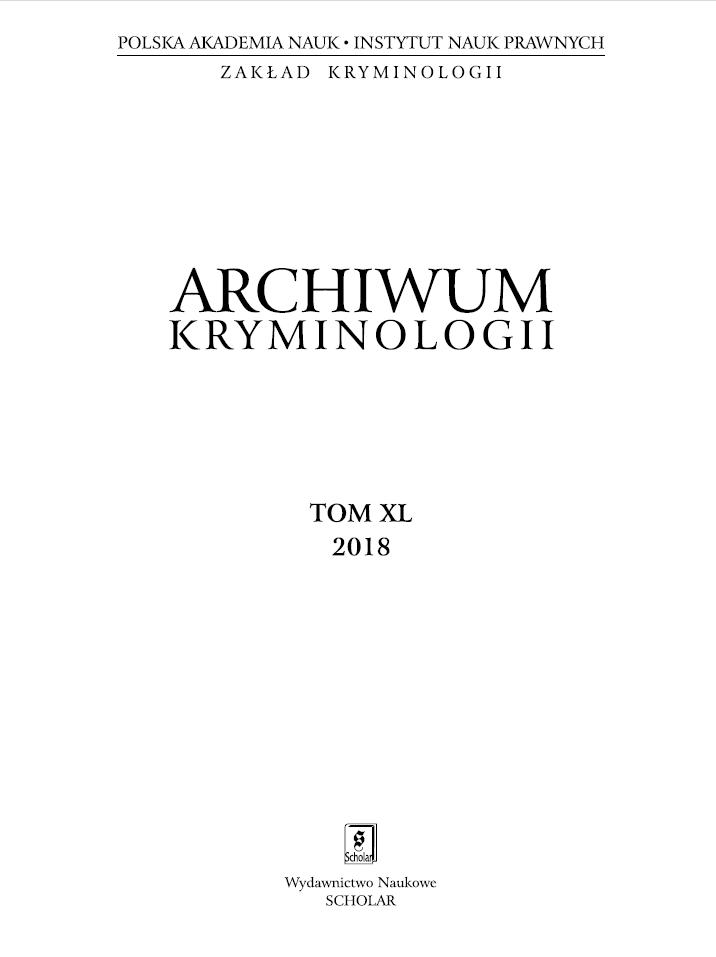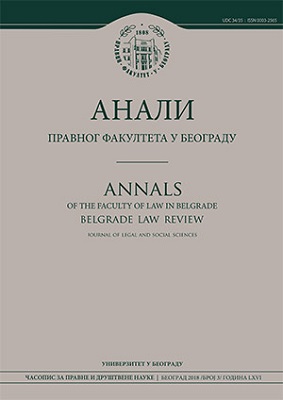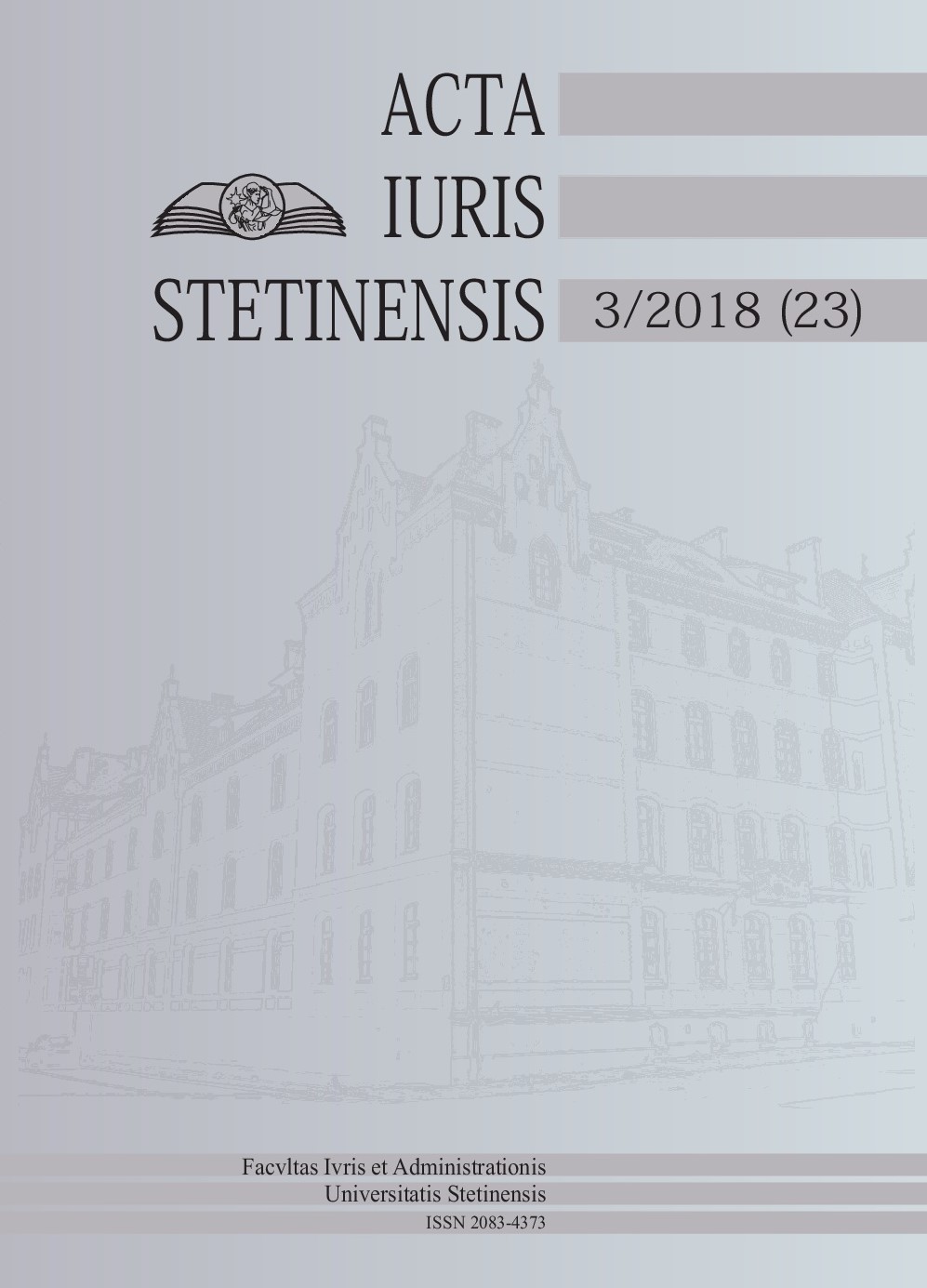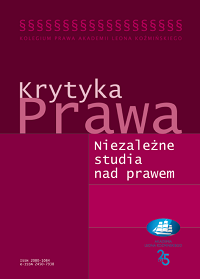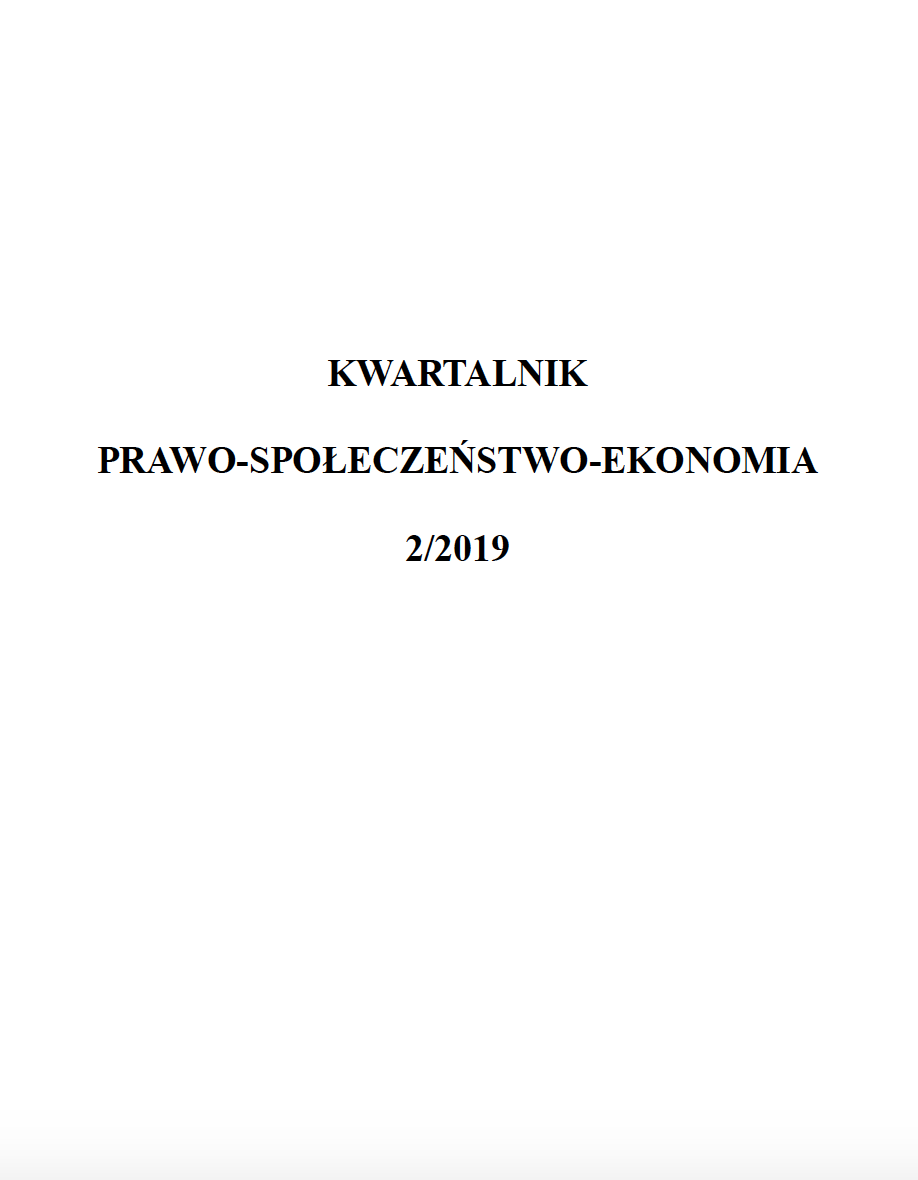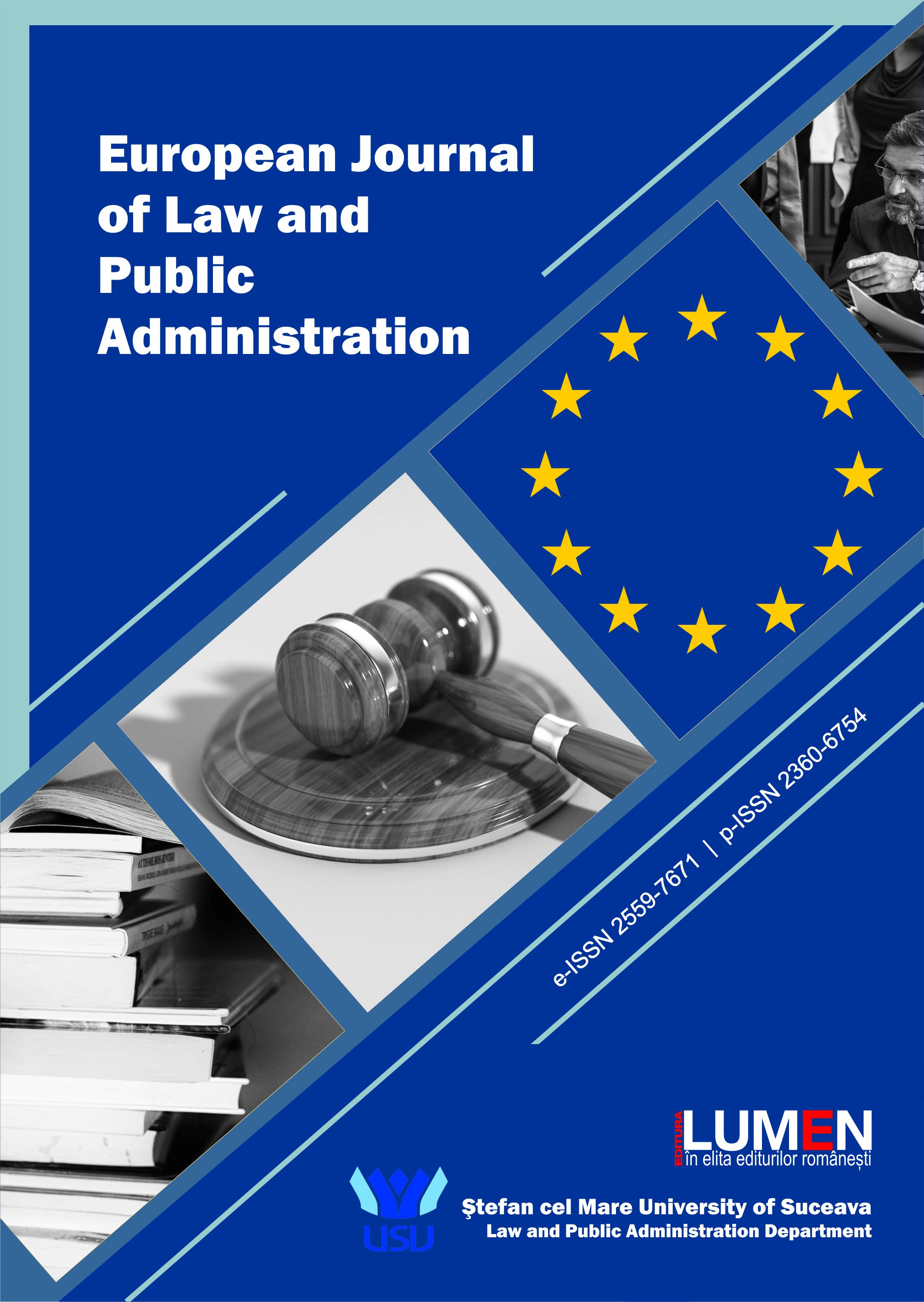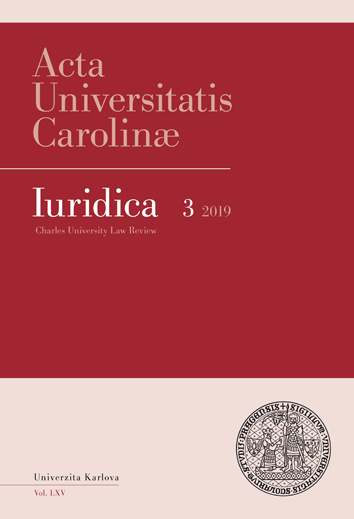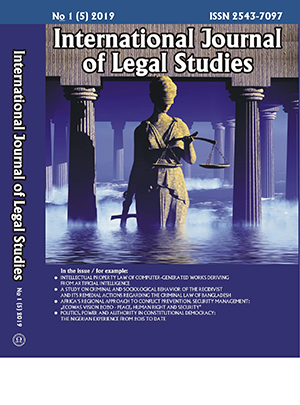Author(s): Anna Szuba-Boroń / Language(s): Polish
Issue: XL/2018
Twenty years of personal experience in crime-related field that furthermore inspiredreflection on the reasons of crime made a Polish writer, Sergiusz Piasecki, interestingfor forensic sciences. His life started with a turbulent and difficult childhood, hematured among the turmoil of the Soviet Revolution and joined the guerrillas fightingBolsheviks, finally to graduate from the School of Infantry Cadets in Warsaw and beassigned to the Lithuanian-Belarusian Division in Vilnius. After the Bolshevik War,being a decommissioned soldier, Piasecki painfully experienced life in poverty. Thiswas when he began to earn his sustenance by smuggling. He later entered a few-yearlongcooperation with the 2nd Division of the High Command of the Polish Army andbecame an intelligence agent. In 1926, being unemployed again, he robbed a suburbantrain. In accordance with the law in force, the summary court sentenced him to death.However, the President of the Republic Ignacy Mościcki pardoned Pia secki, exchangingthe penalty to 15 years in prison. Piasecki served 11 years of his sentence in the prisonsof Lida, Nowogódek, Rawicz, Mokotów, Koronowo, and finally in the toughest prisonof the Second Republic – at Święty Krzyż (the Holy Cross) near Kielce. The 20 yearsfrom 1917 to 1937 were the period decisive for the writing realism and thoroughnessof descriptions of the criminal world and presented protagonists, as well as analysesof psychological and social circumstances that lead individuals to the path of crime.Beginning with Piasecki’s first published book Kochanek Wielkiej Niedźwiedzicy (Lover of the Greater Bear, aka Lover of the Ursa Major) whose author enjoyed a quite uniquestatus of criminal prisoner, and which presented the facts of life of smugglers onthe Polish-Soviet fringe in 1922–1924, the precious study of the criminal world wascontinued in the trilogy Jabłuszko, Spojrzę ja w okno, and Nikt nie da nam zbawienia(Apple, Shall I Look into the Window, and No One is to Redeem us). In Żywot człowiekarozbrojonego (Life of the Human Disarmed), the protagonist moves through all the levelsof conflict with the law, and the reader follows the process of his reflections to becomefamiliar with the impact of the external world on the dramatic choices made.The work of Piasecki follows the current of prose keen on social environmentof the 1930s, based on authenticity and autobiographic experience, and whose cog -nitive values result among others from the personal involvement of the author, whocorroborates knowledge based on experience and direct contact. It is a specific typeof participatory observation: a method of researching criminal phenomena wherethe observer is part of the criminal world.The goal of the writer, which he actually frequently emphasised, was the eagernessto share the knowledge on criminals with the society, with the provision thatthe criminal world he portrayed was multidimensional rather than just a separate,specific social group, standing out from among the “normal” people. He also paidspecial attention to the life’s circumstances that can “make” anyone a criminal. It is alsocharacteristic of Piasecki to juxtapose criminals against people who are “mechanically”honest. In examining the writer’s views on crime, such a ploy demolishes the positivistdivision of the society into criminals and decent people. Honest by default, manya decent citizen proves to be a bad man. On the other hand, many derailed outcastsfrom the society are in fact good and truly honest. Some stories presented by Piaseckiare quite precise illustrations of theories in the crime sciences. In his descriptionsof the demimonde of the Minsk thieves, Piasecki described them in terms very closeto those presented by Edward Sutherland in The Professional Thief, a book writtenby a professional thief with Sutherland’s sociological commentary.The history of literature knows many writers whose works were based on the introspectionof their respective authors, and whose content allows delving into the socialreality of a given time and an insightful analysis of criminal personalities, as well as anattempt at defining the factors that influence criminal behaviours. Such a knowledgeof the human/the criminal is especially well articulated in realistic prose (Balzac,Zola, Faulkner, Steinbeck, Marquez, Remarque, Piasecki, Nachalnik, Wiskowski, Mironowicz).Certainly, the belles-lettres play a special role in this context, providinga source of knowledge, especially if by the virtue of the vicissitudes of his or her life andthoughts the author can convey information helpful in explaining and understanding the assessment of the phenomena investigated by criminal sciences.
More...

